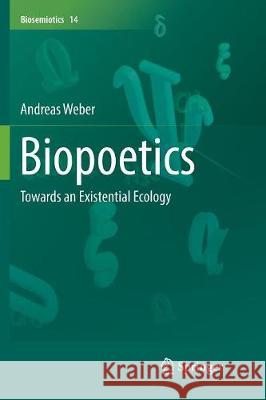Biopoetics: Towards an Existential Ecology » książka
topmenu
Biopoetics: Towards an Existential Ecology
ISBN-13: 9789402414134 / Angielski / Miękka / 2018 / 150 str.
Kategorie BISAC:
Wydawca:
Springer
Seria wydawnicza:
Język:
Angielski
ISBN-13:
9789402414134
Rok wydania:
2018
Wydanie:
Softcover Repri
Ilość stron:
150
Waga:
0.24 kg
Wymiary:
23.39 x 15.6 x 0.89
Oprawa:
Miękka
Wolumenów:
01











